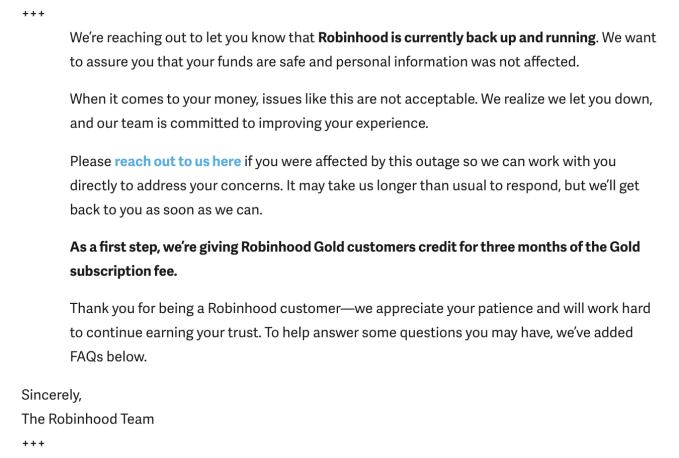- Super Tuesday 2020: voters in 14 states cast ballots in primaries USA TODAY
- Super Tuesday heralds an epic Democratic Party clash POLITICO
- The egos have landed ahead of Super Tuesday CNN
- Yes, it’s conservative to vote for Biden in a primary Washington Examiner
- Why I just can’t feel the Bern: It’s Sanders’ haranguing tone that bothers me most New York Daily News
- View Full Coverage on Google News
Source: Google News | Super Tuesday 2020: voters in 14 states cast ballots in primaries – USA TODAY
